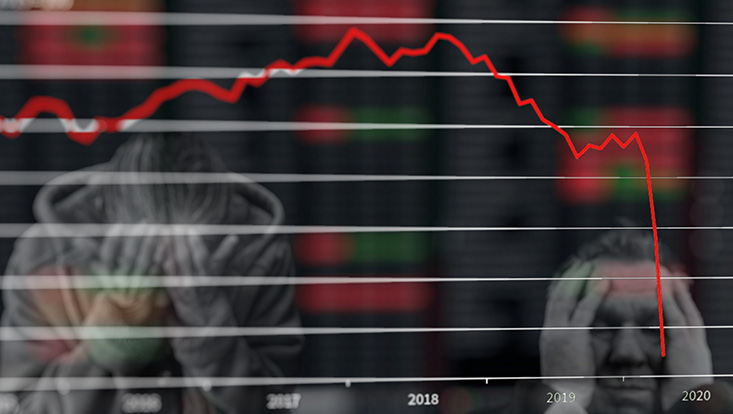Inflation narratives
Inflation narratives in large text corpora

The significant and global increase in the inflation rate has fuelled discussions about the possible causes for this development. Justifications in the form of narratives - causal stories and fictions - play a crucial role in the expectations of households and experts about future inflation developments. Expectations, on the other hand, are of great importance in macroeconomic modelling and for the way, macroeconomic dynamics evolve. Nevertheless, current economic and social research struggles to measure narratives from media data. In the three-year project "Inflation narratives in large text corpora", methods to measure common narratives about the recent inflationary period will be developed and their interplay with economic expectations investigated. Therefore, on the basis of large German and English-language corpora, inflation-specific language models will be trained, and an event extraction module will be implemented. The results will be linked to external knowledge sources and displayed in the form of knowledge graphs. The knowledge graph technology enables the identification of precise and meaningful patterns and correlations, which also allow causal statements. This research will be supported by a larger online survey to identify causal narratives among households in Germany through open response categories. Moreover, using annotated inflation-related corpora from social media (e.g. Twitter, Reddit), a generalized inflation expectations extractor model will be build. In a further application part, the focus will be on analysing the impact of the identified inflation narratives in media discourses on aggregate expectations and macroeconomic variables.
Employees:
Cedric Möller, Semantic Systems Research Group, Universität Hamburg
Junbo Huang, External Research, Universität Hamburg
Max Weinig, Research Assistant, WISO, Universität Hamburg
Principal Investigators:
Ulrich Fritsche (Prof. of Economics, especially Empirical Economic Research, Department of Social Economics, Faculty WISO)
Ricardo Usbeck (Semantic Systems Research Group, Department of Computer Science, Faculty MIN)
